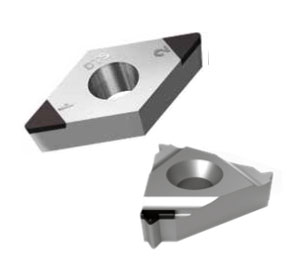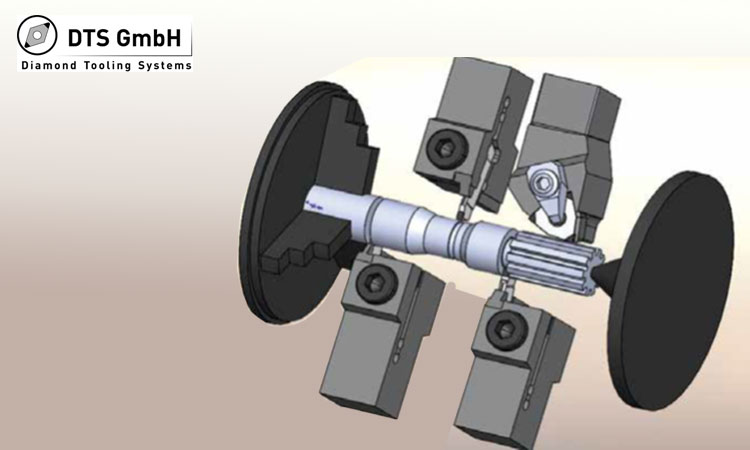The traditional process for fine machining hardened components has long been grinding. However, advancements in Cubic Boron Nitride (CBN) cutting materials have made hard turning a cost-effective and highly efficient alternative for machining steels with a hardness of 52-72 HRC. This technique is revolutionizing the manufacturing landscape, particularly in the automotive industry, offering reduced machining times, lower costs, and superior flexibility.
Hard Turning vs. Grinding: A Cost-Efficient Alternative
Hard turning reduces machining time and costs by over 70%, while also improving turnaround times and quality. It is now a preferred method for manufacturing automotive components, including transmission parts, valve seats, pistons, cylinder liners, and constant velocity joints. Unlike grinding, hard turning is more adaptable to component modifications, easier to maintain, and environmentally friendly, as it eliminates the sludge produced by grinding.
The Role of Cutting Materials
CBN cutting materials are at the heart of this shift, offering exceptional resistance to crater wear and edge chipping at high cutting speeds. DTS’s newest CBN insert grades—H65, H85, and H25—provide manufacturers with durable, stable, and consistent performance even in challenging conditions.
- H65: Ideal for longitudinal turning of gears and shafts with chamfered oil holes or pockets, this grade operates at cutting speeds of 80-180 m/min with a feed rate of 0.05-0.35 mm/rev and a depth of cut of 0.05-0.7 mm.
- H85: Designed for shafts with non-beveled keyways and constant velocity joint components, it performs at cutting speeds of 80-160 m/min with similar feed rates and depths of cut.
- H25: Suitable for uninterrupted cuts, this grade delivers maximum tool life and surface quality at cutting speeds of 160-350 m/min, excelling in high-speed machining applications.
High-Performance Applications

CBN grades like H65 and H85 are tailored for precision machining of gears, shafts, and constant velocity joints under difficult conditions. These cutting tools excel in high-temperature environments, eliminating the need for coolant and its associated costs.
Additionally, CBN solutions are now available for various machining operations, including grooving, drilling, reaming, and threading. For example, grooving systems can achieve widths from 1-6 mm, and grooves in existing gear teeth are easily realized using specialized CBN grades.
A Growing Trend
The automotive industry’s embrace of hard turning reflects the growing preference for its numerous advantages. Lathes used for hard turning are more cost-effective, faster, and easier to adapt to component design changes compared to grinding machines. Moreover, hard turning’s eco-friendly chips are easier to dispose of than the sludge generated by grinding, and the process typically eliminates the need for cooling, further reducing environmental impact.
Shaping the Future
The latest advancements in CBN cutting materials have firmly established hard turning as a viable alternative to grinding in precision machining. With benefits like lower costs, improved productivity, and reduced environmental impact, hard turning is poised to shape the future of manufacturing in the automotive industry and beyond.
Available in INDIA.
Contact: ZECHA Precision Tools Ltd. Website: www.zecha.in


